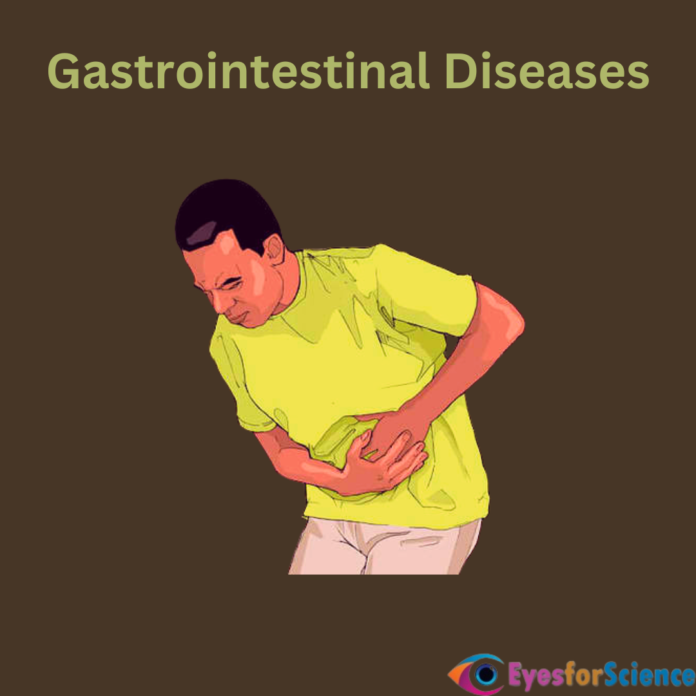Gastrointestinal Diseases – An Introduction
Gastrointestinal diseases affect our gastrointestinal tract which includes the esophagus (food pipe), small & large intestines, stomach, liver, gallbladder, and pancreas. In simpler words, we could say that Gastrointestinal diseases affect the parts that support in digestion.
These diseases are classified into two broader categories, functional and structural. Let us see this in detail.
Functional Gastrointestinal Disorder (FGID)
As the name suggests, FGIDs occur because of the abnormal functioning of the GI tract. During the examination of functional GI diseases, the GI tract looks normal but does not function well. In functional disorders, recurrent symptoms occur. Here are some the examples of FGIDs:
- Constipation
- Irritable bowel syndrome (IBS)
- Food poisoning
- Bloating
- GERD
- Diarrhea
Structural Gastrointestinal Disorder
Easier to identify, structural gastrointestinal disorders are the conditions where the diagnosis shows the structural abnormality and as a result, the function affects too. Some the examples of structural gastrointestinal diseases include:
- Hemorrhoids
- Crohn’s disease
- Ulcerative colitis
- Colorectal cancer
- Anal fistulas
What Are the Causes of Gastrointestinal Diseases?
Now, the point here is that what exactly causes GI disorders. Here are some of the common causes of the condition:
A Low-Fiber Diet
Fiber is found in plants and it is a type of carbohydrate. Now, when it comes to the role of fiber in the diet, then you need to understand that it helps in the digestion of certain foods. Besides this, it also helps you give a feeling of fullness. Another key importance of this is that it is good for maintaining gut health.
Now, to get fiber, you need not make any extra effort as it is present in fruits. So, adding fruits to your diet can easily meet your fiber requirement and keep GI disorders at bay.
Not Drinking Enough Water
Drinking enough water not only cleanses your GI tract but also plays a vital role in improving digestive health. It softens stool and prevents constipation. Water works by breaking down the food we eat and making it easy to digest. Besides this, drinking water also helps better nutrient absorption by the body.
Stress
Now, you might be thinking about how stress can affect your GI tract. So, let us make it clear that stress not only affects your mental health but your physical health as well. Stress can cause appetite loss, cramping, bloating, and inflammation. Whereas, it does affect the gut microbiota. Gut microbiota is a group of microorganisms present in the gastrointestinal system in people and they help in various body functions including digestion of foods, protection against harmful pathogens, and regulation of the immune system.
Inactive Lifestyle
Enough physical activity is for the body to digest food and hence, those with an inactive lifestyle experience various gastrointestinal diseases.
Genetic Factors
Physical and psychological factors are not the culprits always in causing GI problems. Sometimes, your genes play a role and such cases are unavoidable. Here, such problems may get inherited or gene mutation could be the cause.
What Are the Common GI Diseases?
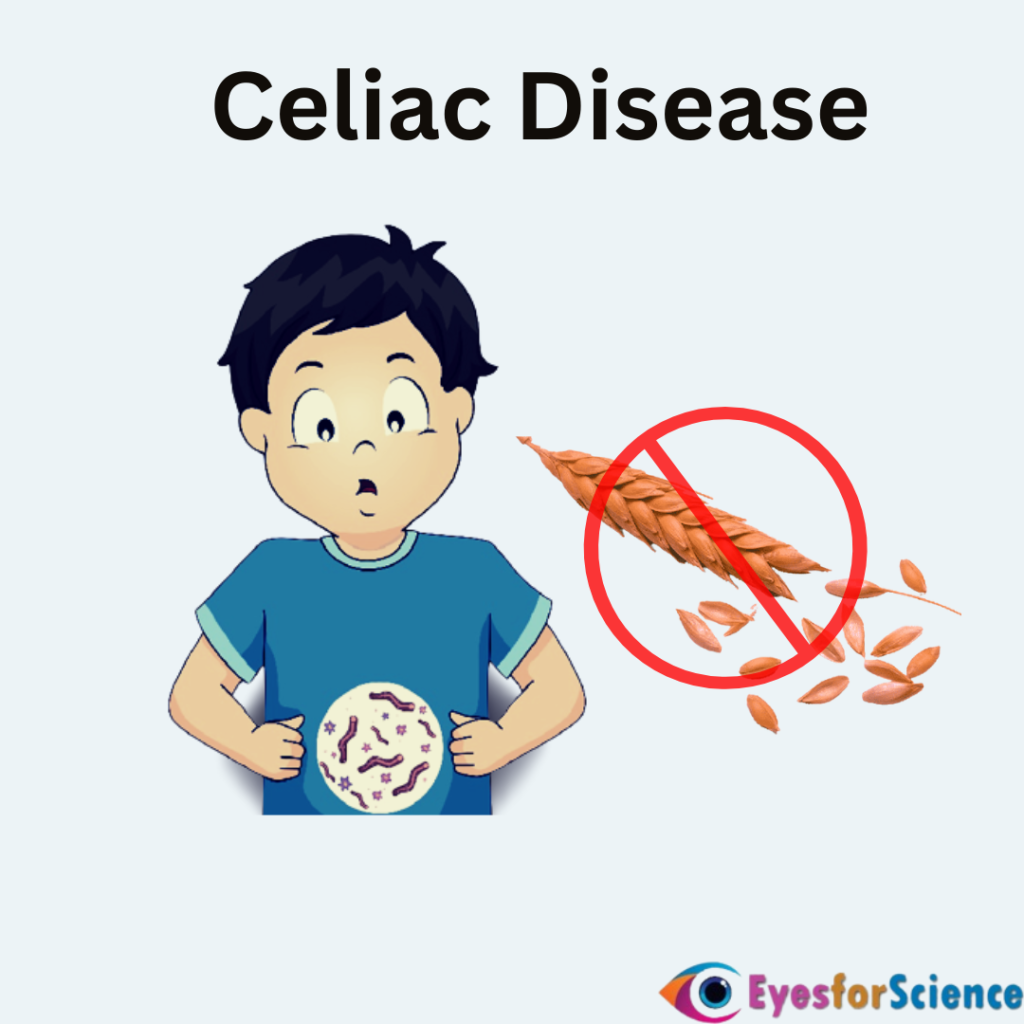
Celiac Disease
Sometimes also known as gluten-sensitive enteropathy, celiac disease is a multifactorial GI disorder. People suffering from this condition trigger an autoimmune reaction to gluten protein present in wheat, barley, and rye. As a result of that reaction, villi, small hair-like projections present on the small lining of the bowel are affected. This affects the ability of the small intestine to absorb vitamins and nutrients.
Symptoms
- Badly smelling stool
- Diarrhea
- Constipation
- Stomach ache
- Weight loss
- Vomiting
- Bloating
- Delayed puberty
- Short stature
In some cases, no symptoms are seen in people with celiac disease.
Treatment
At present, the condition has no cure but, following a strict gluten-free diet can help manage the condition.
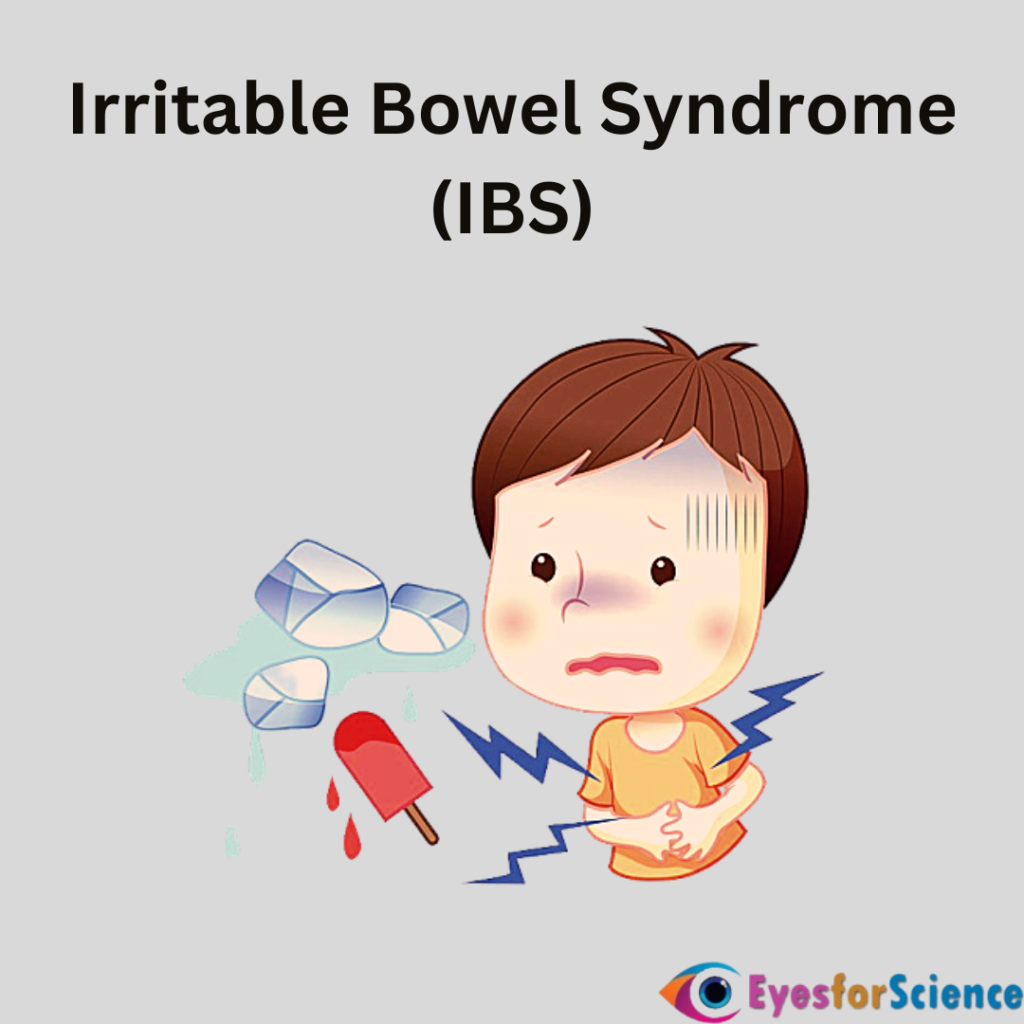
Irritable Bowel Syndrome (IBS)
It is a combination of GI problems where the person often experiences abdominal pain, bloating, cramps, and diarrhea. Irritable bowel syndrome is not the same as irritable bowel disease as the latter is a combination of digestive disorders that may involve Crohn’s disease and ulcerative colitis.
Symptoms
- Abdominal pain, cramping, or bloating
- Changes in bowel movement’s appearance and how often you have them
- Increased gas or mucous in stool
Treatment
Stress could be a major reason for IBS hence, the doctor will suggest you avoid stress. Besides this, avoiding fermentable oligosaccharides (bread, pasta, & legumes), disaccharides (honey, muesli bars, & instant coffee), monosaccharides (dried fruits & fruit jams), and polyols (apple, avocado, & cherries) will help. Probiotics for IBS can also be used for the treatment.
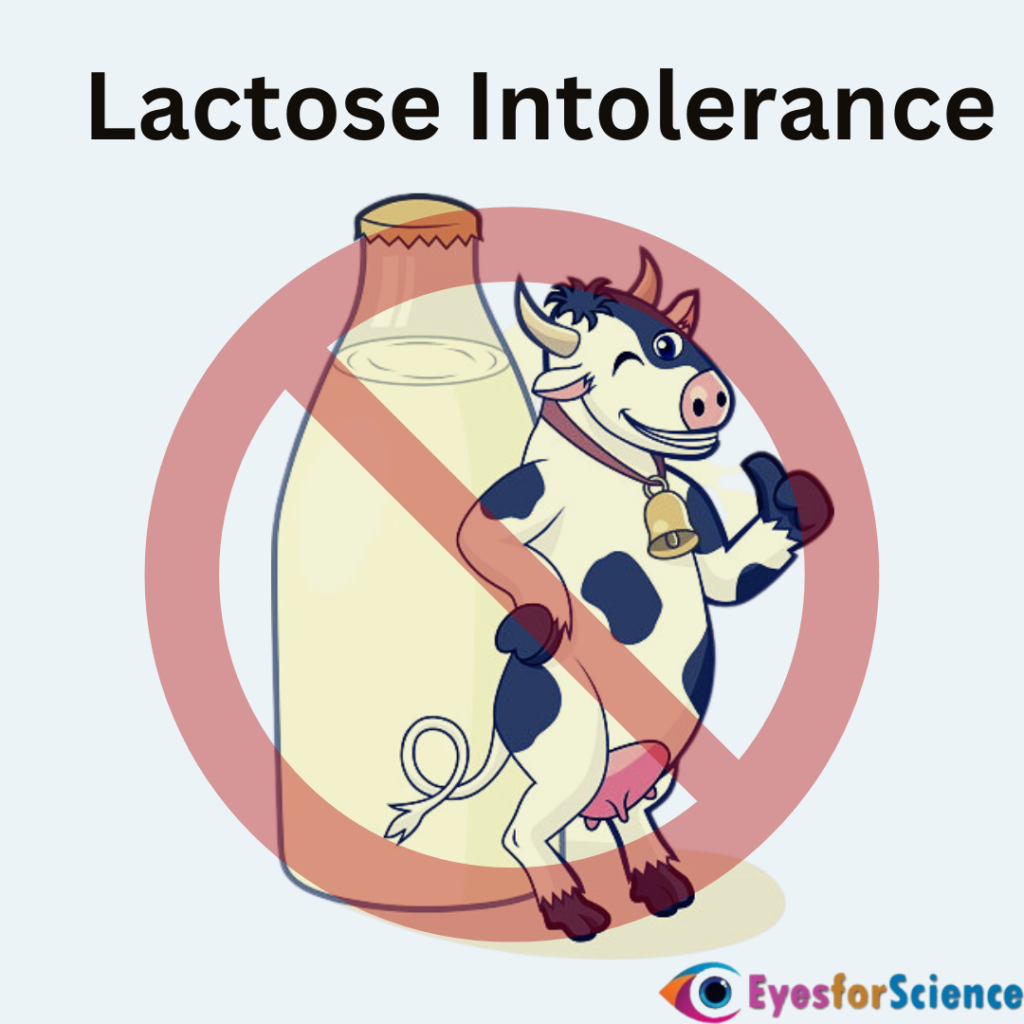
Lactose Intolerance
As the name suggests, this is a type of GI condition in which the person cannot digest lactose, a sugar that is naturally present in milk and milk-based products. Lactose is used by intestinal bacteria to improve their functions and also has a role to play in calcium absorption in the body. Lactose intolerance occurs because of low levels of lactase, an enzyme that helps break lactose into simpler forms glucose and galactose.
Symptoms
Symptoms are seen after eating lactose-based foods:
- Diarrhea
- Gas
- Abdominal cramps
- Bloating
Treatment
For the treatment, the doctor prescribes enzyme supplements to help break down lactose. Besides this, consuming lactose-free milk will also help.
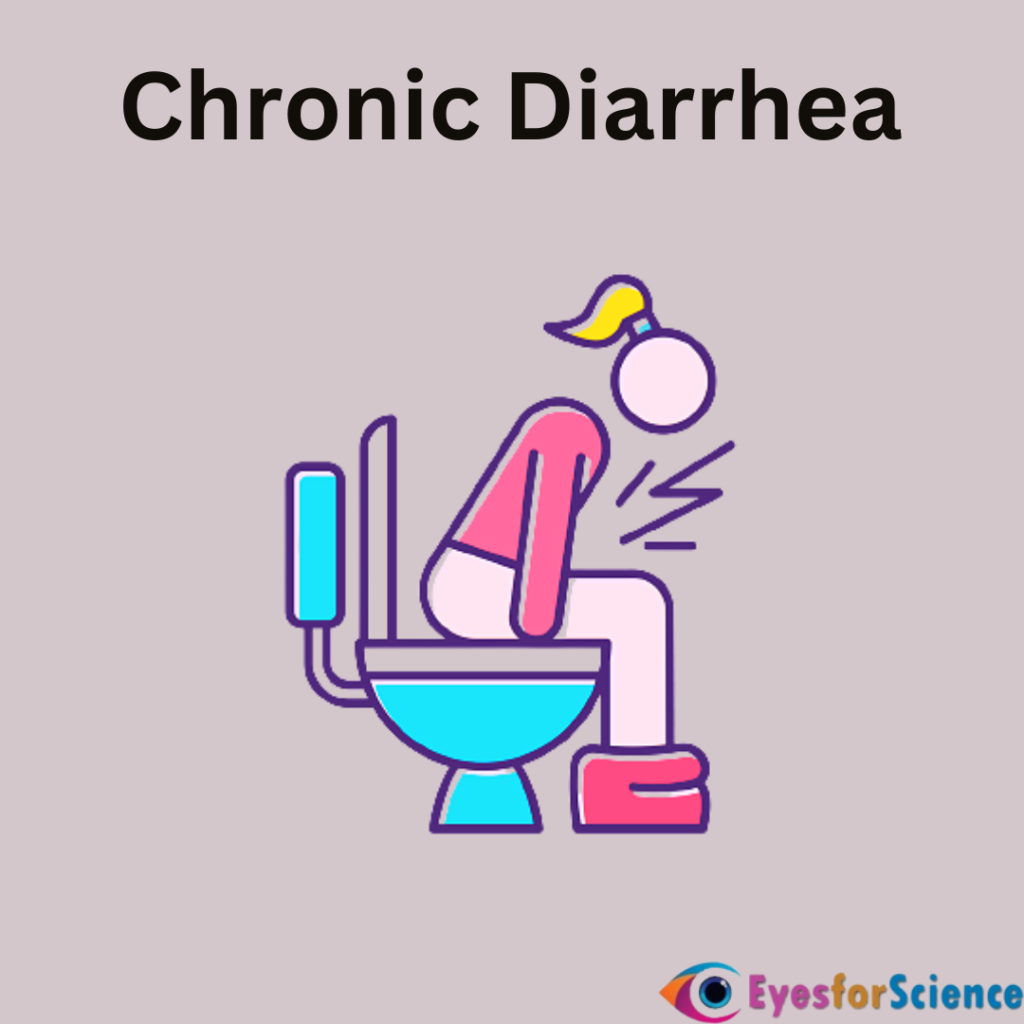
Chronic Diarrhea
This is when the person passes watery and loose stools for more than a month. Many disorders and intestinal infections can result in chronic diarrhea and hence, a proper diagnosis is important to get the right treatment.
Symptoms
- Watery, mushy, and loose stools
Treatment
Identifying the right cause of the condition is important to give the right treatment. Depending upon the cause, the treatment may include steroids, analgesics (painkillers), antidiarrheal medicines, antibiotics, and immunosuppressants.
Constipation
In simpler words, constipation is a condition in which the person finds it difficult to pass stools. It may also be characterized by a condition where the stools are not frequent, say, only 3 days a week. Constipation is a functional GI problem that can occur when low fiber (like green veggies, beans, lentils, whole grains, and fruits like apples) is there in your diet. In some cases, it might occur when there is a sudden change in your normal diet.
Symptoms
- Less frequent stools (less than 3 a week)
- Hard stools (difficulty in passing stools)
- Straining for bowel movements
- A feeling that you are unable to empty stool from the rectum (the end part of the large intestine is the rectum)
- Required to press your abdomen or put more pressure while passing stools
Treatment
- The treatment of constipation may include:
- Increasing the fiber intake
- Exercise regularly to increase muscle activity in the intestine
- Prescribed laxatives (fiber supplements and stool softeners) to make it easier to have a bowel movement
There are also several other gastrointestinal diseases/conditions that you must know. They may include:
- Ulcerative colitis
- Peptic ulcer disease
- Gastroesophageal reflux disease (GERD)
- Gallstones
- Crohn’s disease


